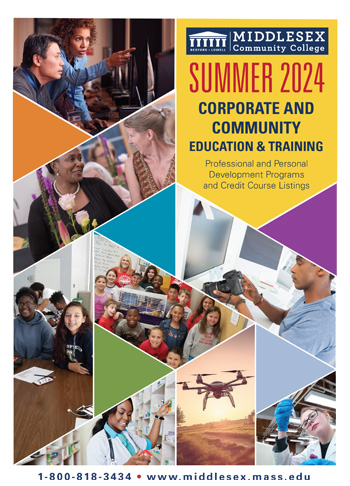Student Affairs
Learning Comes Alive Here
- Dean Of Students
- Equity in Retention
- For Students
- For Faculty/Staff
- SAIT
- Academic Integrity
- Artificial Intelligence
- Student Affairs
- Student Handbook
- Safety Information & Protocols
- Title IX: Resources and Education
- Dean's Advisory Council
- Contact the Dean
Student Conduct: Due Process
Faculty/staff members have the authority and the special responsibility to set reasonable standards of behavior in their classrooms and/or work areas per the Student Code of Conduct, as described in the Student Handbook. Students, however, have the right to "due process," as outlined below.
Faculty/staff should take the following steps when dealing disruptive student behavior:
- The student must be clearly informed of the problem or behavior in question and how
it is objectionable or unacceptable, or how it is a violation of the Student Code
of Conduct.
- Address students' inappropriate behavior early on and in private.
- Use "I statements" and be specific when speaking to the student, describing the facts and observable realities.
- Maintain a focus on the behavior, and avoid making assumptions, generalizations, judgments, diagnoses, and interpretations.
- If a student seems upset, angry, frightened, or otherwise emotional, acknowledge the emotion: "John, I notice you seem frustrated."
- The student should be given the chance to explain his/her behavior. S/he has the right
to have an opportunity to modify the condition, or behavior.
- Clarify your expectations of the student.
- Solicit input from the student to resolve the situation.
- Establish a reasonable and specific time frame for their change in behavior to take place (rather than leaving it open-ended).
- The student must be given a clear understanding of the consequences of not modifying the condition or behavior.
Be clear with the student about your intentions and the potential consequences for their actions. Follow through with consequences.
Written documentation is recommended for even the simplest disruptive situation; however, it is crucial for faculty/staff members to document a disruptive event that requires intervention, as well as the steps taken to address the situation.
